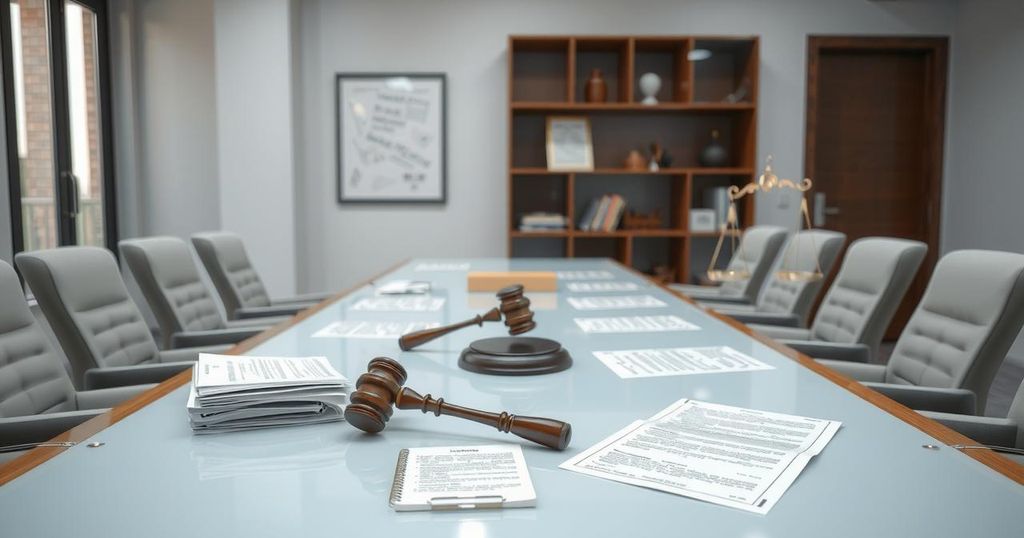Lebanon’s cabinet has initiated reform measures following a two-year political deadlock. Focus areas include energy stability, economic revival, and foreign relations. The international community has responded positively, pledging support for these efforts. Key ministers highlighted the need for domestic reforms to secure international assistance and enhance Lebanon’s infrastructure and business environment.
On February 10, Lebanon’s cabinet unveiled a comprehensive reform program following a two-year political impasse. Led by Prime Minister Nawaf Salam, the 24-member cabinet aims to tackle pressing financial reforms, facilitate reconstruction efforts, and ensure border stability amidst growing regional tensions. The international community has reacted positively, with various global and regional stakeholders pledging their support for Lebanon’s initiatives.
Foreign Minister Youssef Raji emphasized the government’s commitment to an independent foreign policy, stating, “Under the leadership of President Joseph Aoun and Prime Minister Nawaf Salam, we are determined to restore Lebanon’s rightful place in the Arab world and the international community.” Industry Minister Joe Issa El Khoury elaborated on strategies to revitalize the economy while maintaining harmonious relations with Arab nations.
El Khoury highlighted the need for creating a secure business environment to enhance competitive production costs, noting, “We cannot afford to antagonise these nations, as Lebanon is an integral part of the Arab region.” He also addressed security concerns arising from recent conflicts, advocating for the urgent application of UN Security Council Resolution 1701 to ensure stability.
Energy Minister Georges Sadi outlined a phased strategy to resolve persistent power supply challenges, prioritizing immediate improvements within one year before implementing broader structural reforms. He remarked, “The formation of a regulatory body is not just a legal requirement; it’s essential for securing international support,” underscoring the need for regulatory advancements in the energy and telecommunications sectors.
Discussing the anticipation of support from countries such as Saudi Arabia, Qatar, and France, Sadi asserted that domestic reforms must precede international assistance. “While we welcome support from friendly nations, we must first demonstrate our commitment to reform by establishing proper regulatory frameworks and developing clear strategic plans,” he added, detailing plans for expanding power plants and diversifying energy sources to meet national energy demands.
Overall, Sadi linked the stability of the energy sector with Lebanon’s broader recovery, stating, “Without stability, we cannot finance projects or implement comprehensive reform.” His approach signals a strategic commitment to not only regain international trust but also to lay a strong foundation for sustainable development across various sectors in Lebanon.
The newly formed Lebanese cabinet has announced an ambitious reform agenda, focusing on foreign policy, economic recovery, and energy sector improvements. This initiative seeks to address the nation’s immediate challenges and restore international confidence. With the support of key regional players, Lebanon aims to recover from prolonged political stagnation, delivering humanitarian and infrastructure developments vital for its resurgence.
Original Source: www.intellinews.com






